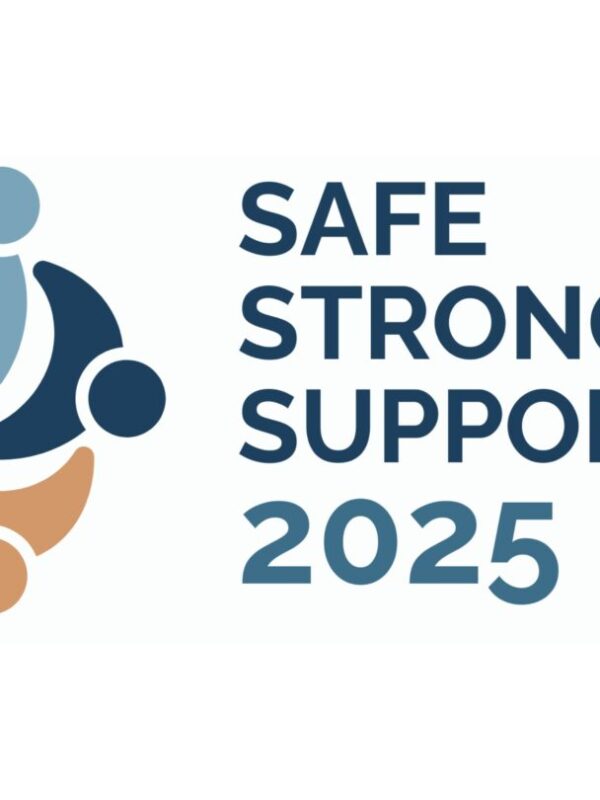
The first-ever state-wide report for the TEI program has been released by the Department of Communities & Justice (DCJ).
The Targeted Earlier Intervention (TEI) Program 2020-2021 NSW Annual Report includes data reported by TEI service providers from 1 July 2020 to 30 June 2021.
The key findings from the report relate to service delivery, client demographics, referral pathways, client and community outcomes, and client satisfaction.
Here is a summary of the results:
1. Service delivery
- In 2020-21, TEI services were delivered by 481 service providers in 1,469 different locations across NSW.
- Services were delivered to a total of 118,024 individual clients and 712,416 unidentified group clients.
- 399,804 sessions of service delivery were conducted with Individual clients, who attended an average of 7.2 sessions each.
2. Client demographics for individual clients
- 0-5 year olds made up the largest age group, representing 15% (18,127).
- 0-18 year olds made up 40% (47,518)
- 16,775 (14%) identified as Aboriginal and/or Torres Strait Islander.
- 11,207 (9.5%) identified as living with disability, impairment or condition.
- 34,774 (29%) were born overseas and 34,816 (29%) spoke a language other than English at home.
- 2,097 (1.8%) reported they were homeless and a further 3,798 (3.2%) reported they were at risk of homelessness.
- Individual clients were most likely to seek support from TEI services for issues relating to family functioning; community participation and networks; and mental health, wellbeing and self-care.
3. Referral pathways for individual clients
- 118,024 clients were referred into TEI services in 2020-21. The main sources for referral into TEI services were internal referrals and self-referrals, accounting for 46% of referrals where the referral source was known. These results may reflect the program as a soft-entry point into the service system, and that TEI services are known providers in their local communities.
- TEI funded services made 16,524 referrals on behalf of clients in 2020-21, of which 65% were external and 35% were internal.
- The large number of external referrals reflects the role TEI services play in supporting clients to navigate the service system.
- The two most common reasons for external referrals were mental health, wellbeing and self-care (18%) and family functioning (17%).
- The two most common reasons for internal referrals were community participation and networks (18%) and material wellbeing and basic necessities (12%).
4. Client and community outcomes
- Client outcomes have only been recorded for 18% of all individual clients and 83% of activities did not have an outcomes score recorded.
- The data that was recorded reflects positive impacts of the TEI program on client outcomes.
o In the Community Strengthening stream, community members are supported to connect with their community and build informal and formal support networks. Community engagement activities are supporting clients to improve their knowledge of services in their local community and their ability to engage with these services. Clients are also improving their knowledge and skills due to relevant education and skills training.
o In the Wellbeing and Safety stream, parents and families improve their knowledge and skills through supported playgroups, parenting programs and family capacity building. Counselling services support clients to improve their mental health, empower clients and build their capacity to deal with challenges they face. Changes can be seen in people’s behaviour that suggest these short-term outcomes may have longer-lasting impact.
5. Client satisfaction
Data collected on client satisfaction indicates that a majority of TEI clients were satisfied with the services they received, and found services to be understanding and respectful, supporting clients to address the challenges they faced.
- 73% of clients agreed with the statement “I am satisfied with the services I have received”.
- 72% also agreed with the statement “The service listened to me and understood my needs”.
- 60% agreed with the statement “I am better able to deal with the issues I sought help with”.
You can download the complete Annual Report below. There are also District Annual Reports available for your area.
[button link=”https://fams.asn.au/wp-content/uploads/2022/03/Targeted-Earlier-Intervention-Program-2020-21-NSW-Annual-Report.pdf” type=”big” color=”lightblue” newwindow=”yes”] Download Now[/button]
Fams is here to help you unpack and interpret the findings of the TEI Annual Report into the future. We are closely examining the data and will keep you informed on how it will impact our sector. Watch this space!





